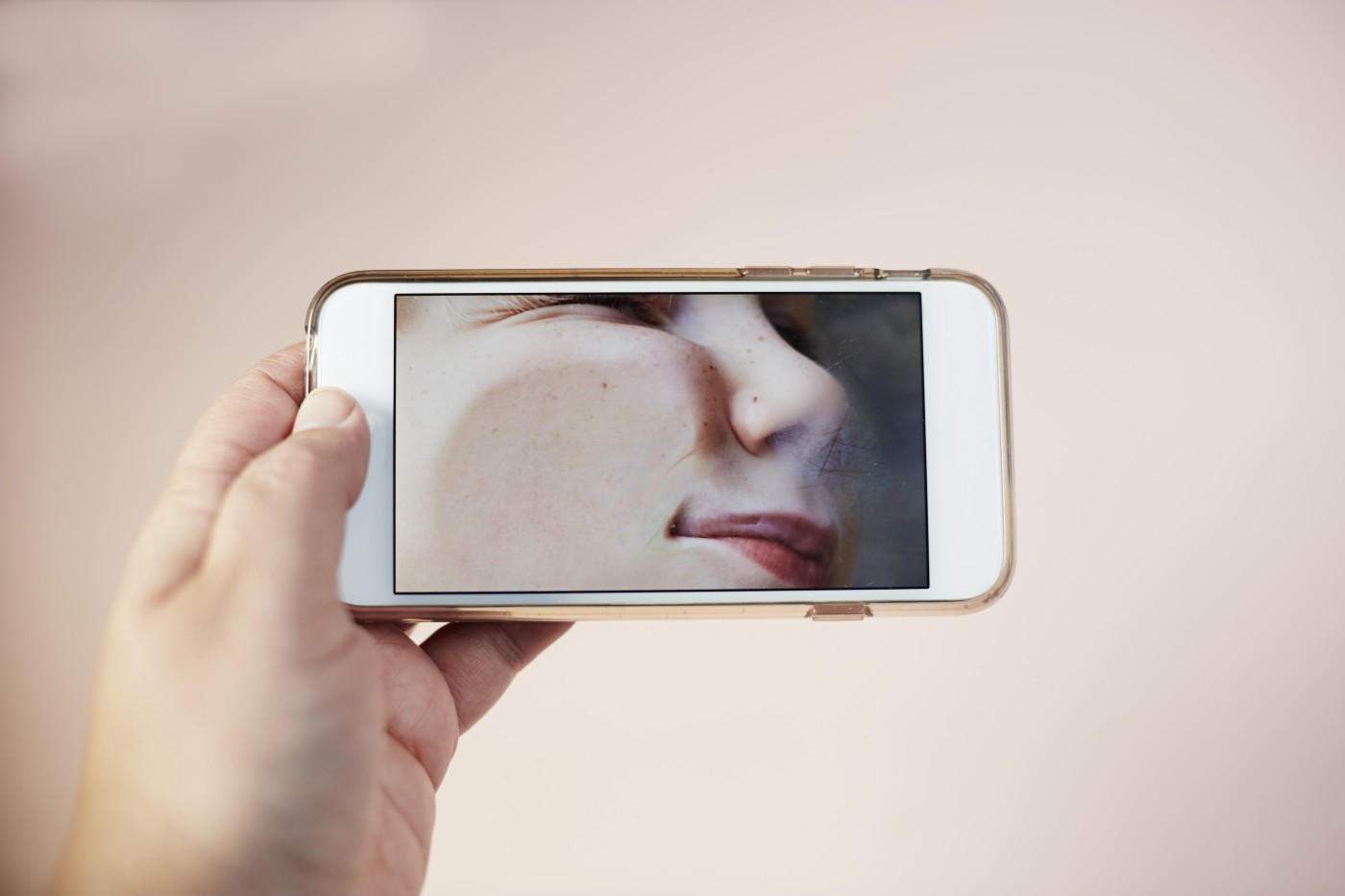Lessons in Friendship for Gen Z

With all the fervor around Gen Z, it’s no surprise that a show like Sex Education has become so popular: It lays bare this generation’s relationship with mental health. It’s imperative to explore that relationship now more than ever, as Gen Z is more likely than other generations to think that their mental health is poor1 and to report instances of bias for having mental health issues (35%)2. However, despite its importance, mental health still has inroads to make in the visual space where Gen Z is concerned.
Mental health tropes in Gen Z visuals
Almost 8 in 10 Gen Zers appreciate when companies they do business with acknowledge the challenges they personally face.3 Unfortunately, only 6% of visuals featuring Gen Z revolve around mental health.4 Even further, those same visuals often feature similar components: Groups of serious‑looking Gen Zers, seated in a circle, indoors in what seems to be an office. By consistently employing these compositional tropes, brands may run the risk of making mental health visuals featuring Gen Z feel monotonous and impersonal. In order to expand how mental health visuals come across to Gen Z, brands may not need to look further than friendship.
Mental health tropes in Gen Z visuals
Almost 8 in 10 Gen Zers appreciate when companies they do business with acknowledge the challenges they personally face.3 Unfortunately, only 6% of visuals featuring Gen Z revolve around mental health.4 Even further, those same visuals often feature similar components: Groups of serious‑looking Gen Zers, seated in a circle, indoors in what seems to be an office. By consistently employing these compositional tropes, brands may run the risk of making mental health visuals featuring Gen Z feel monotonous and impersonal. In order to expand how mental health visuals come across to Gen Z, brands may not need to look further than friendship.
Friendship as a visual solution for mental well‑being
Receiving emotional support can extend beyond professional help, which brings us back to Sex Education. The visual personality of the show lends itself to mental health, not only creating a lush visual environment that allows its characters to work through their problems outside of conventional institutions (i.e., the therapist's office) but specifically using fashion as a way to showcase the positive effects of friendship.5 We know friendship plays a big role here: Research finds that friendship is crucial to the mental well‑being teenagers and young adults because of the sense of connection and belonging it affords them.6 Given this importance (and the difficulty Gen Zers are currently experiencing creating meaningful friendships),7 it’s no surprise that they want to consume more content that has to do with platonic relationships.8 It’s easy to see why: When looking at visuals of friendship that brands choose, they’re more likely than mental health visuals to feature Gen Zers displaying physical affection, smiling, and even engaging in activities outdoors.
For brands to lend more nuance to mental health, it would be beneficial to look for related visuals that also incorporate the personal touches of friendship like physical affection, locations outside of a doctor's office, and even positive displays of emotion, just to name a few.
Receiving emotional support can extend beyond professional help, which brings us back to Sex Education. The visual personality of the show lends itself to mental health, not only creating a lush visual environment that allows its characters to work through their problems outside of conventional institutions (i.e., the therapist's office) but specifically using fashion as a way to showcase the positive effects of friendship.5 We know friendship plays a big role here: Research finds that friendship is crucial to the mental well‑being teenagers and young adults because of the sense of connection and belonging it affords them.6 Given this importance (and the difficulty Gen Zers are currently experiencing creating meaningful friendships),7 it’s no surprise that they want to consume more content that has to do with platonic relationships.8 It’s easy to see why: When looking at visuals of friendship that brands choose, they’re more likely than mental health visuals to feature Gen Zers displaying physical affection, smiling, and even engaging in activities outdoors.
For brands to lend more nuance to mental health, it would be beneficial to look for related visuals that also incorporate the personal touches of friendship like physical affection, locations outside of a doctor's office, and even positive displays of emotion, just to name a few.
Works Cited
1. Does Gen Z struggle with mental health more than Millennials? (CNN Health)
2. VisualGPS
3. VisualGPS
4. Visual GPS
5. How the eye‑popping fashion of 'Sex Education' evolved in season 4 (Tudum)
6. Friends with Academic Benefits (Sage Journals)
7. Why Gen Z struggles to make and keep friendships (NY Post)
8. Teens & Screens (UCLA)
1. Does Gen Z struggle with mental health more than Millennials? (CNN Health)
2. VisualGPS
3. VisualGPS
4. Visual GPS
5. How the eye‑popping fashion of 'Sex Education' evolved in season 4 (Tudum)
6. Friends with Academic Benefits (Sage Journals)
7. Why Gen Z struggles to make and keep friendships (NY Post)
8. Teens & Screens (UCLA)


